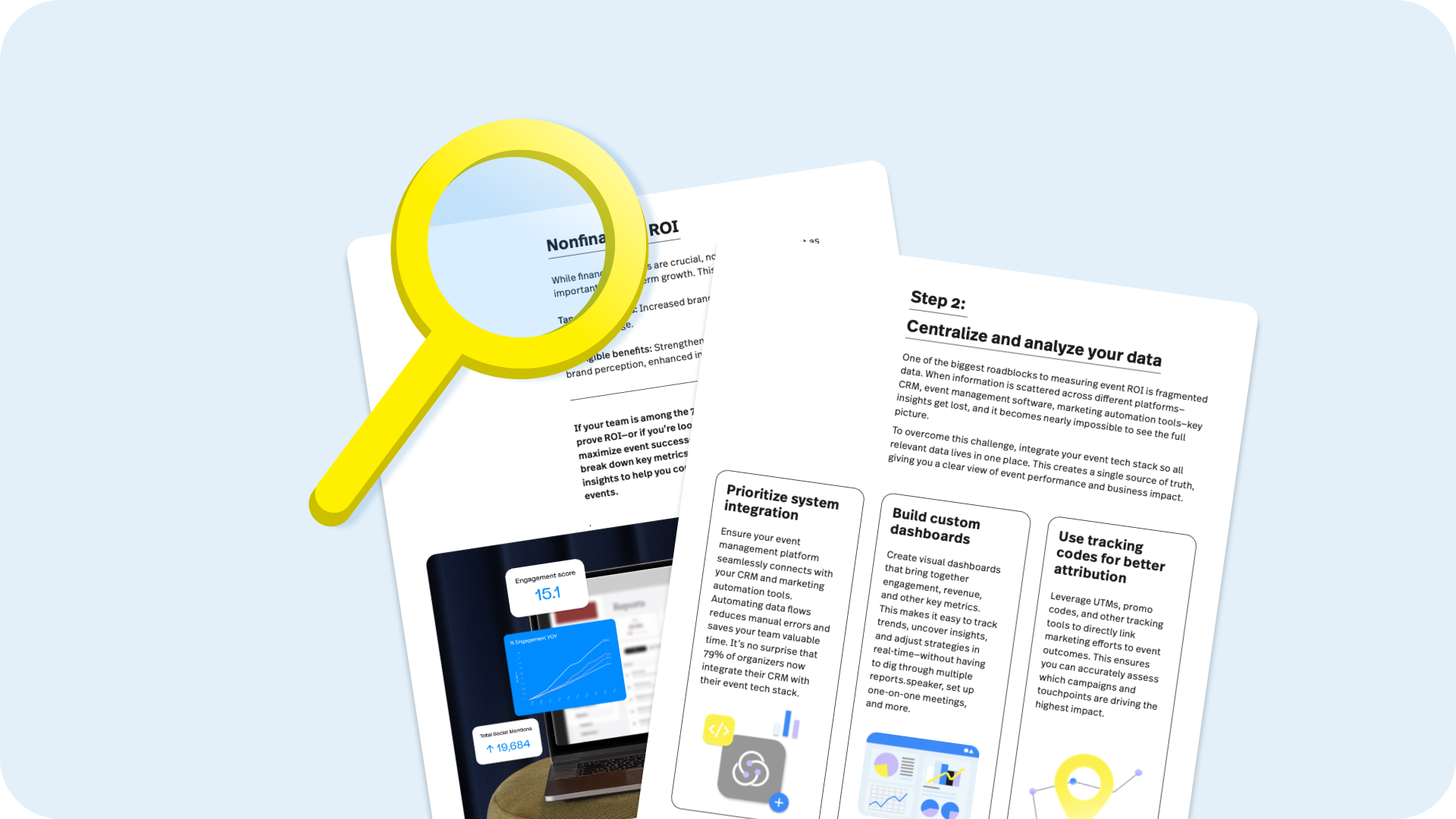In today’s fast-paced world, events need to be more than just gatherings; they need to be experiences. A well-implemented event app is crucial for achieving this, acting as a central hub for information, networking, and engagement. By strategically leveraging the right features and focusing on user experience, event organizers can significantly boost attendee satisfaction and achieve a substantial return on investment (ROI). This article explores the key steps and best practices for successful event app implementation, focusing on maximizing engagement and profitability.
Planning Your App Strategy: Defining Goals and Audience
Before diving into the technical aspects, it’s essential to define clear goals for your event app. What do you want to achieve? Increased attendee engagement? Streamlined communication? Enhanced data collection? Understanding your target audience and their needs is equally important. Consider their tech savviness, their reasons for attending the event, and what they would find most valuable in an event app.
- Define clear objectives: Increase attendee engagement, improve networking, reduce printing costs.
- Understand your audience: Consider their demographics, tech skills, and event expectations.
- Identify key features: Prioritize features that align with your objectives and audience needs.
Choosing the Right Platform: Native vs. Web App
Selecting the right platform for your event app is a critical decision. Native apps offer superior performance and access to device features, but they are more expensive to develop and maintain. Web apps are more accessible and cost-effective but may have limitations in terms of functionality and user experience. A hybrid approach can offer a balance between the two;
Critical Features: Driving Attendee Engagement with Technology
A successful event app is more than just a digital brochure. It’s a dynamic tool that enhances the attendee experience at every stage of the event. Consider these essential features to maximize engagement:
- Personalized Agenda: Allows attendees to create a customized schedule based on their interests.
- Interactive Maps: Provides easy navigation of the event venue.
- Networking Features: Facilitates connections between attendees through profiles and messaging.
- Real-time Notifications: Keeps attendees informed of important updates and announcements.
- Gamification: Incorporates elements of game design to encourage participation and engagement.
- Feedback and Surveys: Collects valuable feedback from attendees to improve future events.
App Implementation: A Step-by-Step Guide to Success
Implementing an event app requires careful planning and execution. Here’s a step-by-step guide to ensure a smooth and successful launch:
| Step | Description | Key Considerations |
|---|---|---|
| 1. Planning | Define goals, target audience, and key features. | Budget, timeline, resource allocation |
| 2. Platform Selection | Choose between native, web, or hybrid app. | Cost, functionality, user experience |
| 3. Development | Design and develop the app based on your requirements. | UI/UX design, testing, security |
| 4. Testing | Thoroughly test the app on various devices and platforms. | User acceptance testing, bug fixing |
| 5. Launch & Promotion | Promote the app to attendees before and during the event. | App store optimization, social media marketing |
| 6. Post-Event Analysis | Analyze app usage data to measure ROI and identify areas for improvement. | Data analytics, feedback analysis |
Maximizing ROI: Measuring Success and Iterating
The ultimate goal of event app implementation is to achieve a positive ROI. Track key metrics such as app downloads, active users, session attendance, and engagement rates. Analyze the data to identify areas for improvement and iterate on your app strategy for future events. Consider using analytics tools to gain deeper insights into user behavior and app performance. This allows for evidence-based decisions.
FAQ: Addressing Common Questions About Event Apps
Q: How much does it cost to develop an event app?
A: The cost of developing an event app can vary significantly depending on the platform, features, and complexity. Native apps are generally more expensive than web apps. Contacting several vendors for quotes is highly recommended.
Q: How can I promote my event app to attendees?
A: Promote your event app through various channels, including email marketing, social media, and your event website. Offer incentives for downloading and using the app.
Q: What are the key metrics to track to measure the success of my event app?
A: Key metrics include app downloads, active users, session attendance, engagement rates, and feedback scores; These provide valuable insights into app performance and attendee satisfaction.
Q: How can I ensure my event app is secure?
A: Implement robust security measures, such as data encryption, secure authentication, and regular security audits. Work with a reputable app developer who prioritizes security.

